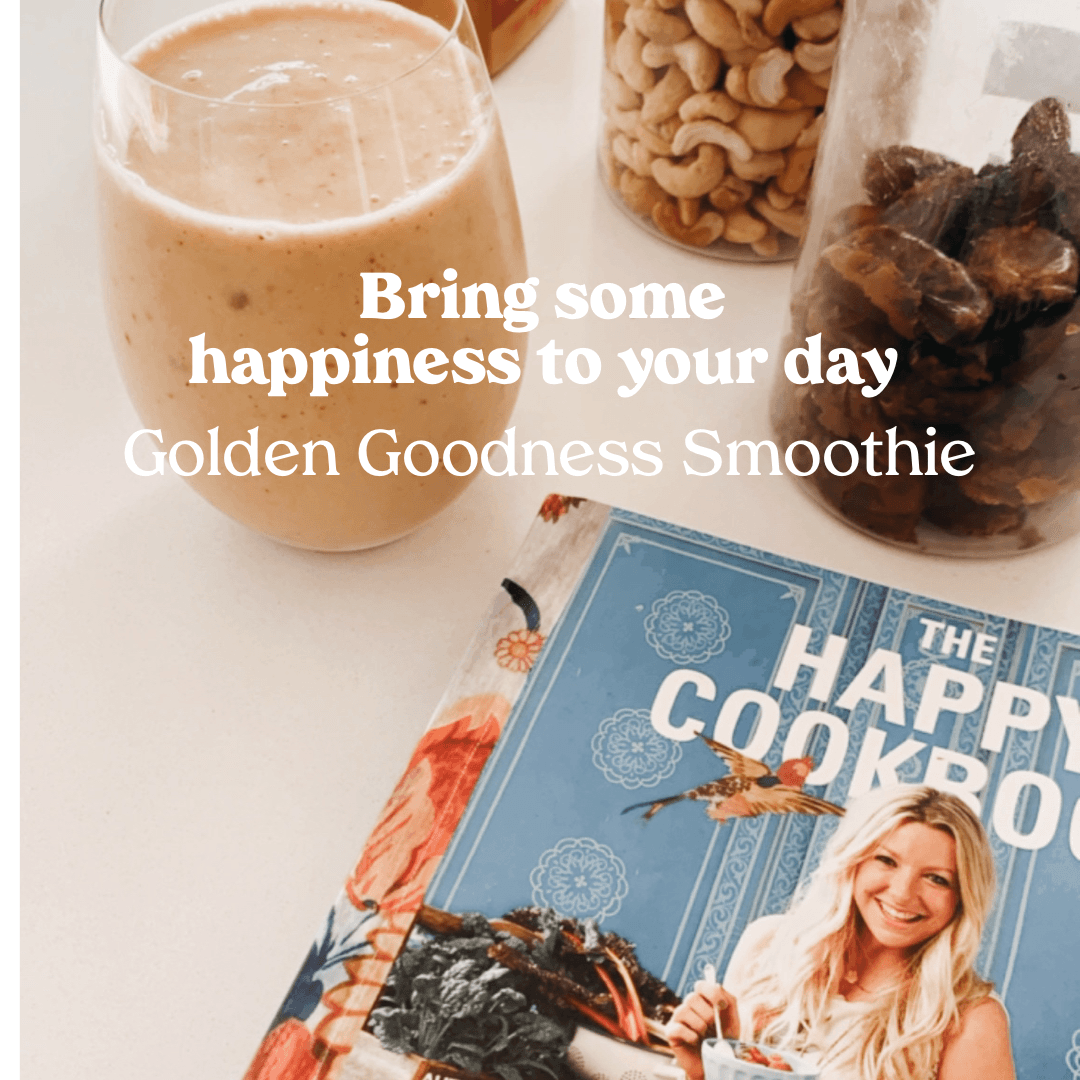Staying Grounded & Coping With Anxiety. R U OK? Day
During these difficult and uncertain COVID times it can be hard to stay grounded. Today is R U OK? Day, this is such an important day to raise suicide awareness and spark the simple question that could save a life.
2020 has been an extremely challenging year for all and it is now more important than ever to check in on your peers. If you are struggling you can reach out to lifeline, a close friend or send us a DM.
We have asked a professional psychologist to share their top 5 tips on how to ground yourself and cope with anxiety.
Ian McIntosh is an experienced Psychologist who has been registered psychology for 45 years. Ian McIntosh is currently working at Head Space and Geelong Grammar as a Psychologist and he is also Emma's dad!
During this time we are all globally faced with a very different circumstance. And although we are all in this pandemic, as individuals we all process the anxiety and worry of these times differently. Everyones anxiety has been elevated.
During this time we are all globally faced with a very different circumstance. And although we are all in this pandemic, as individuals we all process the anxiety and worry of these times differently. Everyones anxiety has been elevated.
Some simple yogi practices would be to:
Try Stop anxious thoughts, and contain your worry.
Change your intake of bad foods and alcohol
Breathe
Relax
However sometimes we need more. Ian has taken the time to explain five strategies that he recommends to cope with this difficult time from a psychological point of view.
Below are 5 strategies that you can use when you need to ground yourself in moments of stress or anxiety.

- Breathing activity such as diaphragmatic breathing. Noticing when nasal breathing the breath being cold when you breathe in and warm when you breathe out. Concentrate on your chest rising and falling or on your diaphragm and try to breathe through that area. Your diaphragm should be filling with air not your chest. If it helps place a hand on the area to which you are paying attention e.g. chest or diaphragm.
- Body Scan. Start with your toes and notice any tension in your body as you move your awareness to different parts of your body such as toes, legs, thighs, chest , arms, shoulders, neck, and face to the top of your head.
- Visualization. Imagine somewhere you would like to be. It could be a holiday you went on or just somewhere you find peaceful and relaxing and then take yourself there in your mind using all your senses.
- Exercise. Get moving, whether its a 5 minute yoga flow, a quick walk around the block or 30 x star jumps. This will help you settle your mind and create blood flow.
- Mindfulness activity 5-4-3-2-1. Discover in your environment 5 objects, 4 sounds, 3 textures, 2 smells and 1 taste.
Need further assistance? There are online or phone-based services like eheadspace, Kids Helpline or Lifeline – you can access them anonymously and they are free.







